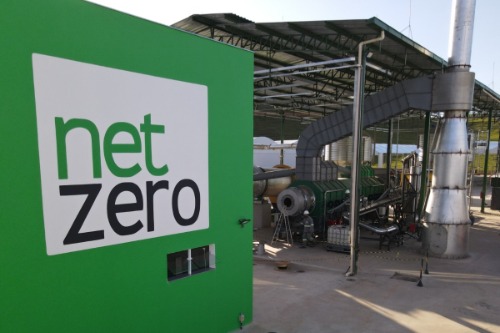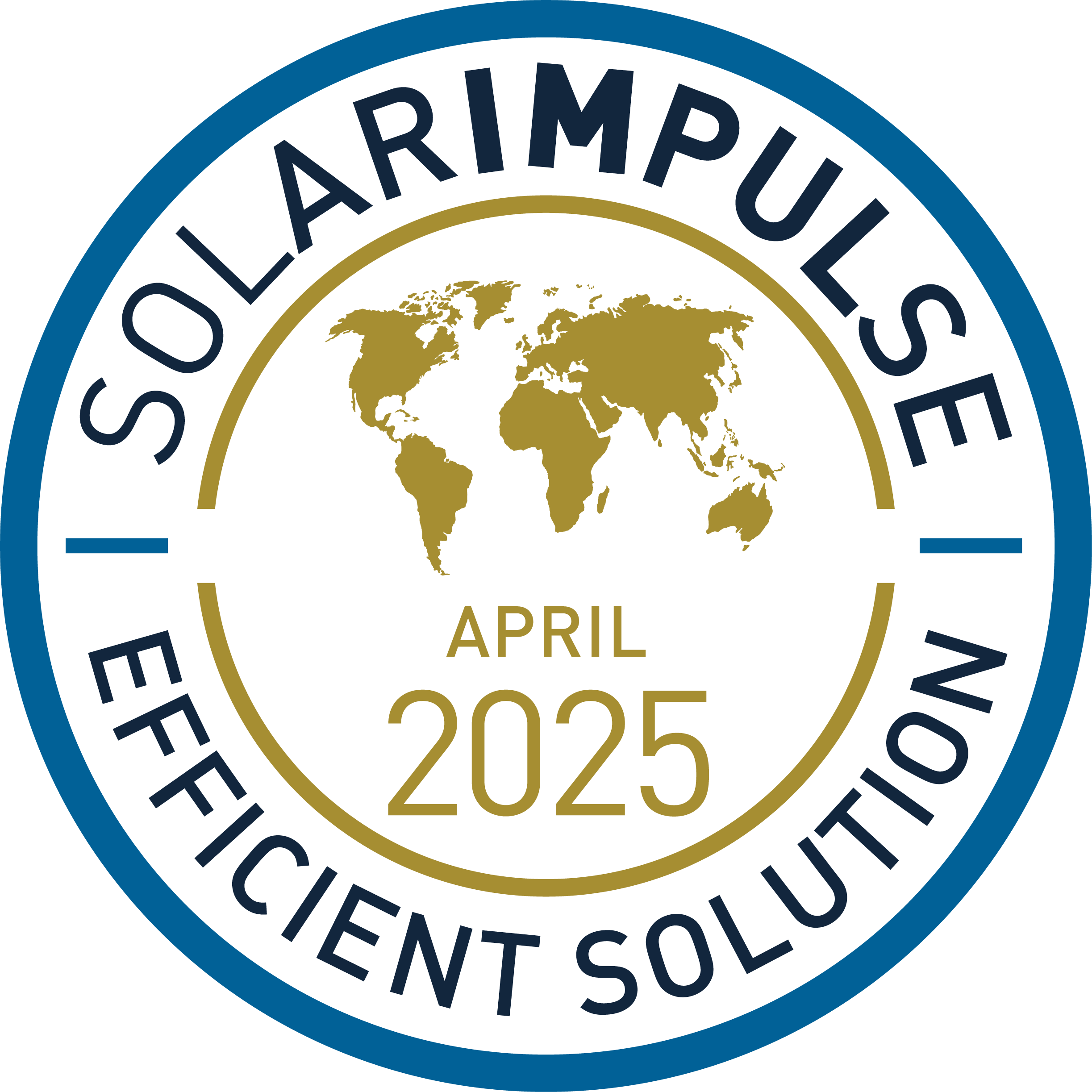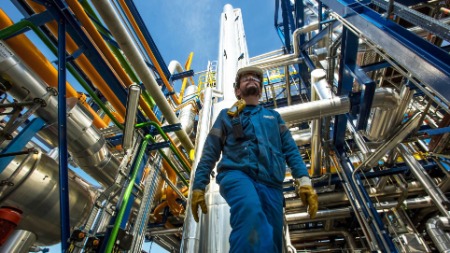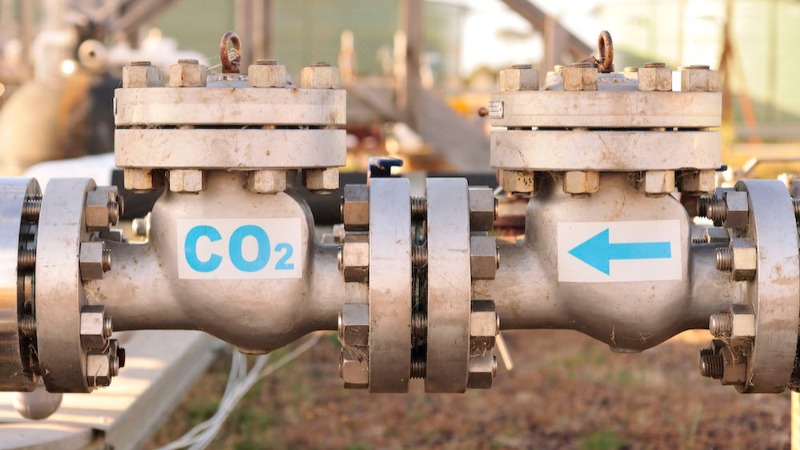News - May 9, 2025
NetZero’s Carbon Removal Biochar Tech Earns $15M at Global XPRIZE Challenge


Written by Solar Impulse Foundation 3 min read
As part of our mission to promote clean and profitable solutions, we are proud to celebrate a major success for one of our network members. French company NetZero has been named one of four global winners of the $100M XPRIZE Carbon Removal competition. Following a rigorous four-year contest involving more than 1,300 teams, NetZero has been awarded a $15 million prize in recognition of the efficiency and scalability of its biochar-based carbon removal model.
XPRIZE Carbon Removal
The XPRIZE Carbon Removal initiative was launched by the XPRIZE foundation, a non-profit organisation established in 1995 to drive breakthroughs that benefit humanity. Over the past year, 20 finalists were tasked with demonstrating their ability to remove over 1,000 net tonnes of CO₂. NetZero stood out not only for the efficacy of its current operations but also for presenting a credible pathway to scale its model from Megatonne (1 million tonnes of CO₂/year) to Gigatonne levels (1 billion tonnes/year). The judges were convinced of the transformative potential of NetZero’s approach.
Olivier Reinaud, Co-founder and Managing Director of NetZero, shared:
We built on two decades of my family’s pioneering work with biochar to design NetZero’s unique end-to-end business model; seeing this model now recognised as the best one to bring biochar at scale is an amazing reward. To accelerate our scaling mission, we have been working on an unprecedented all-in-one offer for companies willing to quickly and easily benefit from biochar’s carbon removal and agricultural benefits. We are rolling it out this year and are confident that this XPRIZE recognition will fuel the impact we are aiming for
What is biochar and how does it work?
Biochar is a stable, carbon-rich material produced by heating organic biomass, such as cocoa pods, coconut shells, or sugarcane bagasse, through pyrolysis, a process carried out in the absence of oxygen. This transformation locks in carbon that plants have captured from the atmosphere via photosynthesis. When applied to soil, biochar stores this carbon for hundreds of years, making it a powerful negative emissions technology.
Beyond its climate benefits, biochar enhances soil fertility by increasing water and nutrient retention and rebalancing pH in acidic soils. It has been shown to boost agricultural yields by an average of 25% in tropical regions. Moreover, its production generates renewable heat and gas, further contributing to decarbonisation efforts.
The IPCC has highlighted biochar's potential to remove up to 2 billion tonnes of CO₂ annually if deployed at scale.
NetZero’s impact
Founded in 2021 by Axel Reinaud, Dr. Jean Jouzel, Aimé Nijakin, Olivier Reinaud, and Pedro de Figueiredo, NetZero is already demonstrating strong results in Cameroon and Brazil, where it operates mid-sized industrial plants. Collaborating with over 1,500 farmers, the company is tackling climate change, promoting sustainable agriculture, and contributing to rural development. By 2030, NetZero aims to remove over 5 million tonnes of CO₂ and enhance the livelihoods of tens of thousands of farmers.
Biochar to scale by NetZero and Solar Impulse Foundation’s Efficient Solution label
NetZero’s scalable biochar production system was awarded the Solar Impulse Efficient Solution Label in both 2022 and 2025. Its system is designed to remove 1.5 to 2 tonnes of CO₂ per tonne of biochar, boost crop yields by 10 to 100%, reduce fertiliser use by up to 50%, and offer farmers a return on investment within 2 to 3 years.
The implementation of biochar plants started in 2021 in Cameroon, and since 2022 in Brazil where NetZero currently has 4 plants. Each plant brings together hundreds of farmers in order to transform each 16,000 tonnes of unused coffee-processing residues into 4,000 tonnes of biochar annually, removing over 6,000 tonnes of CO₂ from the atmosphere. The resulting biochar is returned to the same farmers to enrich their soils, creating a regenerative loop.
Other complementary solutions, such as CarbonZero’s Horizontal Bed Kiln and Frontline Waste’s JF Pyrolysis System, have also received the Efficient Solution Label. These innovations further illustrate the viability of biochar and waste-to-energy technologies in achieving environmental and economic goals.
Explore these and other impactful innovations on our Solutions Explorer and see how you can contribute to scaling sustainable solutions.

Written by Solar Impulse Foundation on May 9, 2025








